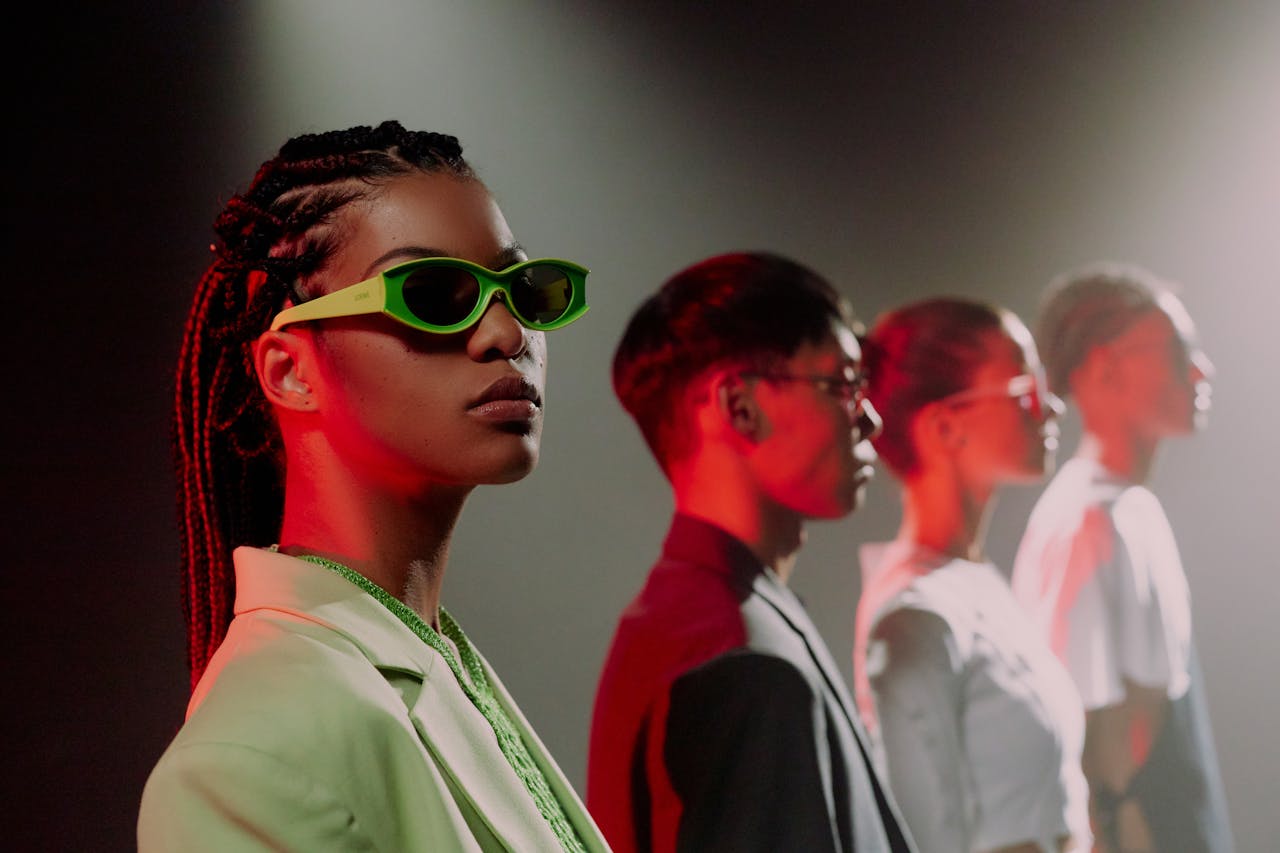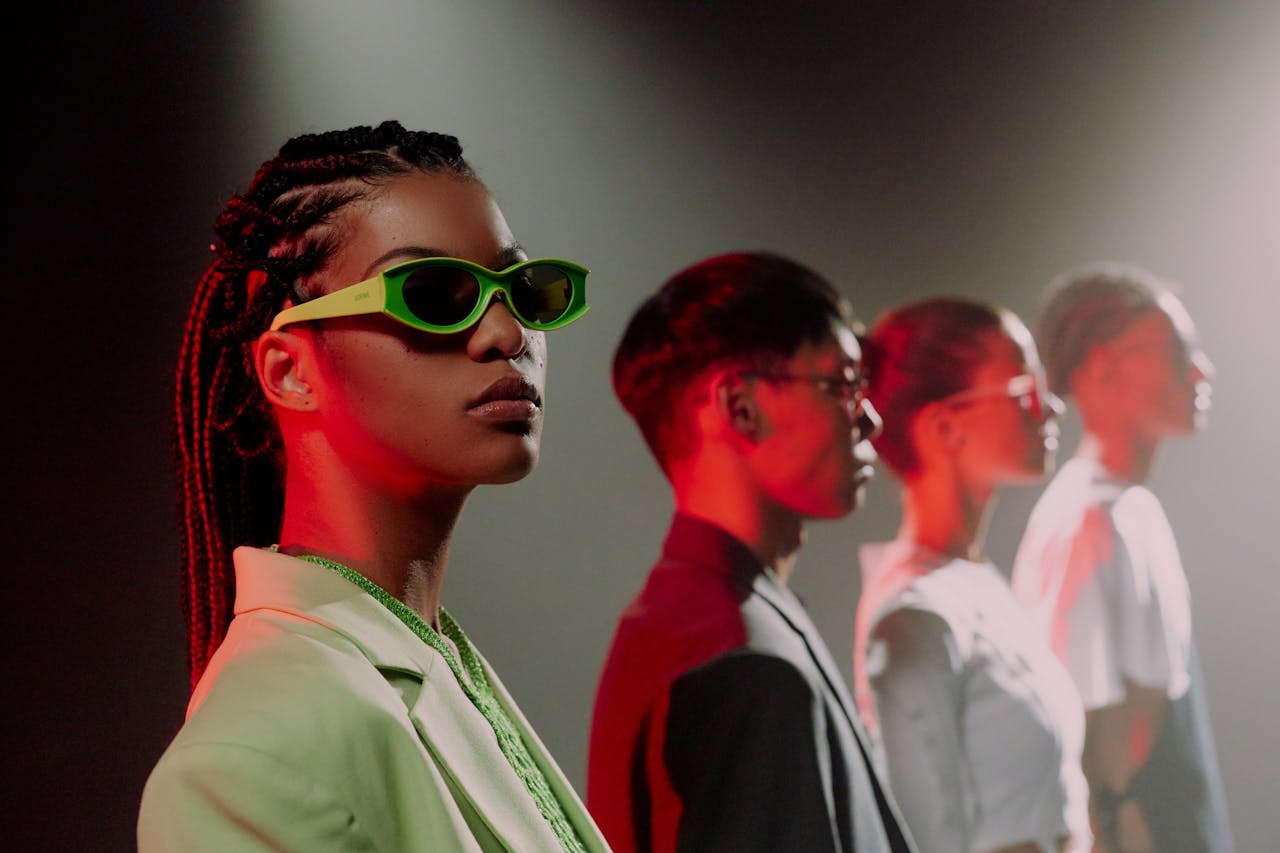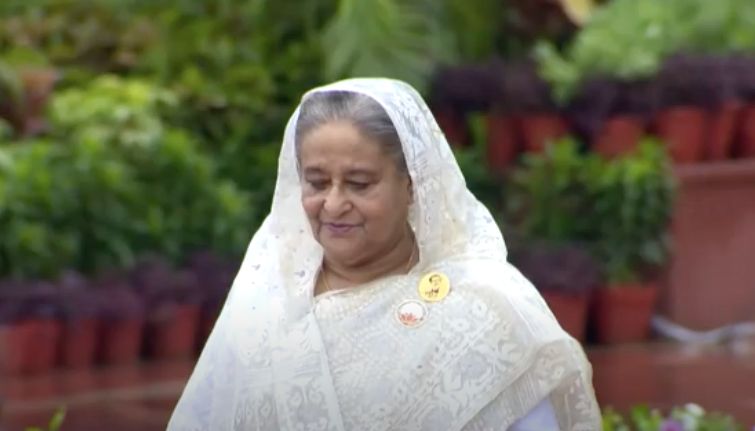
In the digital age, a new narrative is unfolding in Hollywood, one that’s deeply intertwined with the social fabric of Generation Z.
This cohort, born between the late 1990s and early 2010s, has grown up in a world where digital communication reigns supreme. Yet, amidst the glow of screens and the tap of keyboards, a sense of isolation has taken root.
Social scientists and the World Health Organization have identified loneliness as a significant health concern for this generation, a trend exacerbated by the COVID-19 pandemic and the dominance of social media over face-to-face interactions.
A Hollywood opportunity?
Hollywood is taking note, with entertainment companies and researchers delving into how this generational shift is reshaping young people’s media preferences.
As reported by the LA Times, a 2023 study by UCLA, titled “Teens & Screens,” revealed a fascinating insight — Gen Z craves content that celebrates platonic relationships over romantic ones. The survey, which polled 1,500 U.S. adolescents, found that over half (52%) expressed a desire for more media focused on friendships and non-romantic bonds.
This trend is not lost on Hollywood’s power players. United Talent Agency (UTA), one of the industry’s leading firms, conducted a nationwide poll that echoed these findings. Nearly 70% of U.S. Gen Zers favored friend duos in TV and film, compared to just 17% who preferred romantic couples.
Popular series like “Stranger Things” and nostalgic hits like “The Big Bang Theory” and “Friends” continue to resonate with young audiences, highlighting the universal appeal of friendship.
The entertainment industry, largely led by an older generation, is grappling with how to connect with this younger demographic. Gen Z’s preference for online activity, their tendency to quickly cancel streaming services, and their inclination to support brands that align with their social and political values present unique challenges for content creators.
Romantic plots vs. platonic relationships
Despite the clear interest in platonic narratives, Hollywood isn’t ready to abandon romantic stories. Successful films like “It Ends with Us” and “Anyone But You” demonstrate that there’s still a market for love stories among Gen Z audiences.
However, understanding Gen Z’s cultural nuances can help studios, agencies, and advertisers tailor their strategies for greater success.
Some studios are already embracing this shift. Apple TV+ renewed its series “Platonic,” and upcoming films like “Friendship,” starring Tim Robinson and Paul Rudd, are tapping into the buddy comedy genre. HBO is also exploring this trend with a pilot centered around a codependent friend group.
Podcasting, a medium that thrives on fostering a sense of community, is another avenue where the emphasis on friendship is taking shape. UTA’s research shows that 78% of U.S. Gen Z podcast listeners feel they belong to a community with other listeners. Shows like “Las Culturistas” and “Ride,” which cultivate inside jokes and nicknames for their fanbase, mirror the parasocial relationships found on platforms like TikTok and Instagram.
These strategies not only help creators build their businesses through tours, merchandise, and meetups but also address a fundamental human need: connection.
As Matt Feniger, a UTA executive, aptly puts it, “The key is helping us connect.” In a world where digital interactions often replace physical ones, Hollywood is finding new ways to weave the timeless theme of friendship into its stories, offering a beacon of togetherness for a generation that craves it most.






